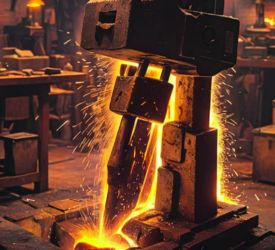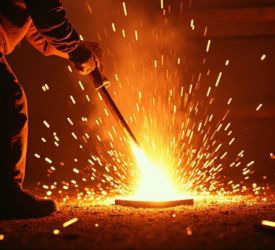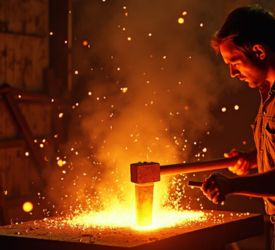The Benefits of Custom Metal Forging in Modern Manufacturing

Custom metal forging represents a transformative manufacturing technique that delivers unparalleled performance and precision across multiple industries. By applying compressive forces through specialized tools and dies, manufacturers can create components with exceptional mechanical properties that traditional manufacturing methods cannot achieve.
Enhanced Mechanical Properties
Forged metals demonstrate remarkable strength characteristics, with industry reports indicating that forged parts are approximately 26% stronger than equivalent cast or machined components. The unique grain structure alignment during forging process creates superior tensile strength, durability, and fatigue resistance.
Zeometrix Forging Services Advantage
At Zeometrix, we specialize in delivering cutting-edge custom metal forging solutions tailored to complex engineering requirements. Our advanced manufacturing capabilities enable us to produce precision components for aerospace, automotive, and critical industrial applications. We leverage state-of-the-art CNC machining and metallurgical expertise to ensure each component meets exacting specifications.
Industry Applications
Key Sectors Benefiting from Custom Forging:
- Aerospace: Lightweight, high-stress components
- Automotive: Performance-critical drivetrain parts
- Medical: Precision surgical implants
- Energy: Corrosion-resistant industrial tools
Cost-Effectiveness and Performance
While initial investment might seem higher, custom-forged parts offer significant long-term advantages. Research indicates that custom-forged components can reduce maintenance costs by up to 20% in heavy industries, delivering exceptional value through improved longevity and reduced failure rates
Technological Innovations
Modern custom metal forging integrates advanced technologies like:
- Computer-aided design optimization
- Precision dimensional tolerancing
- Advanced metallurgical treatments
- Complex geometric capabilities
Technical Specifications
- Dimensional Tolerance: ±0.001 inches
- Strength Improvement: 26% over traditional methods
- Maintenance Cost Reduction: Up to 20%

